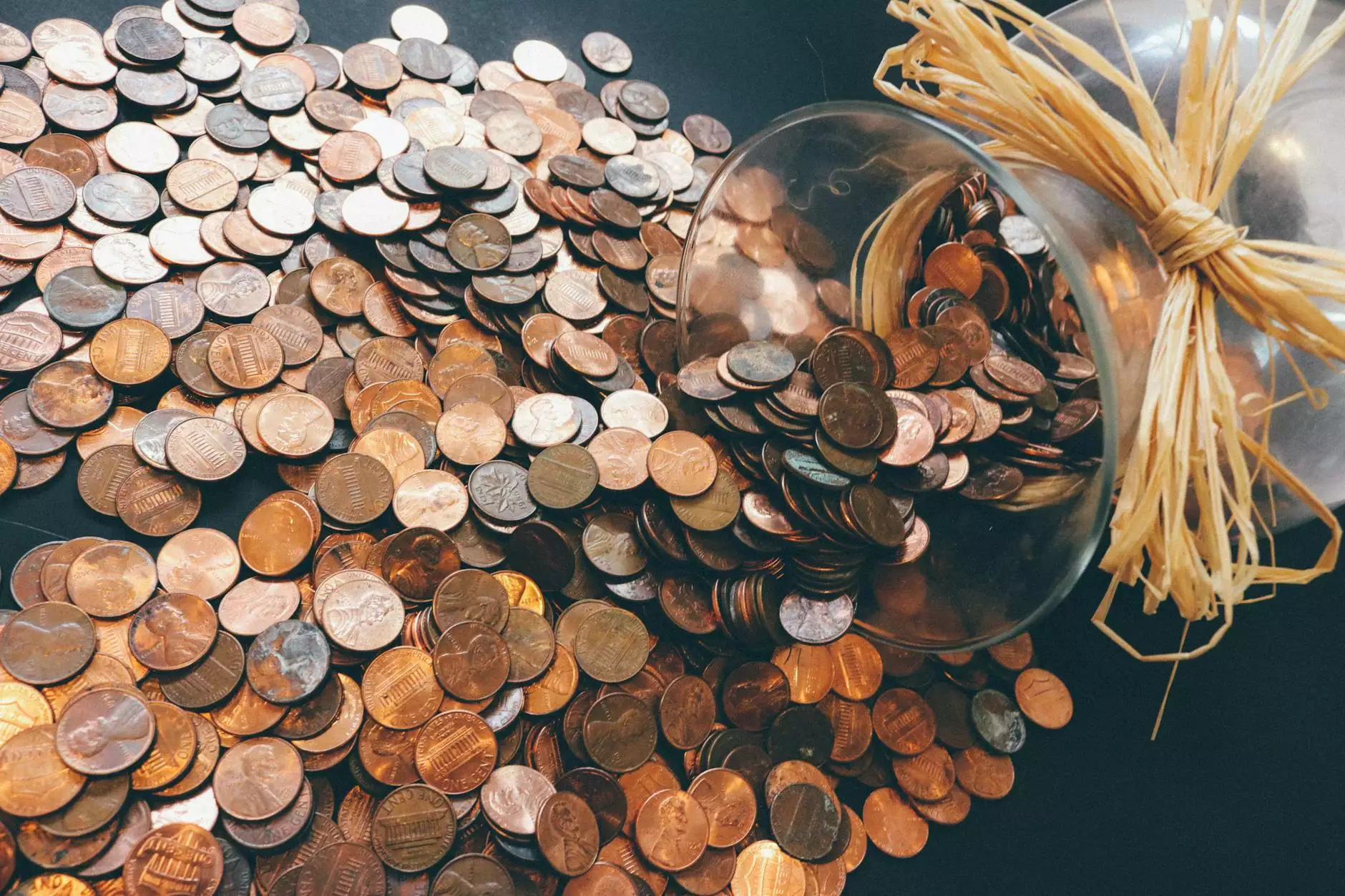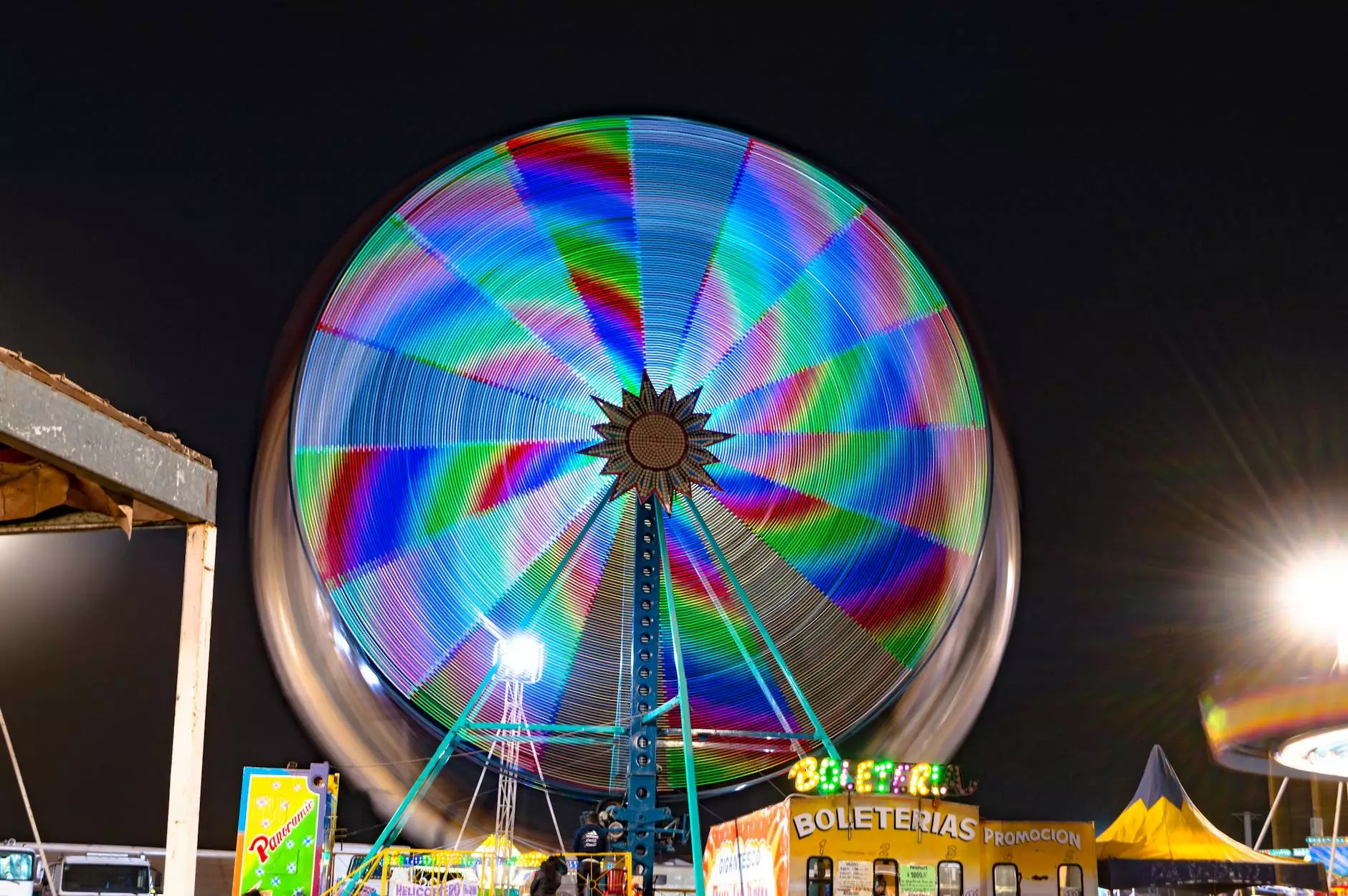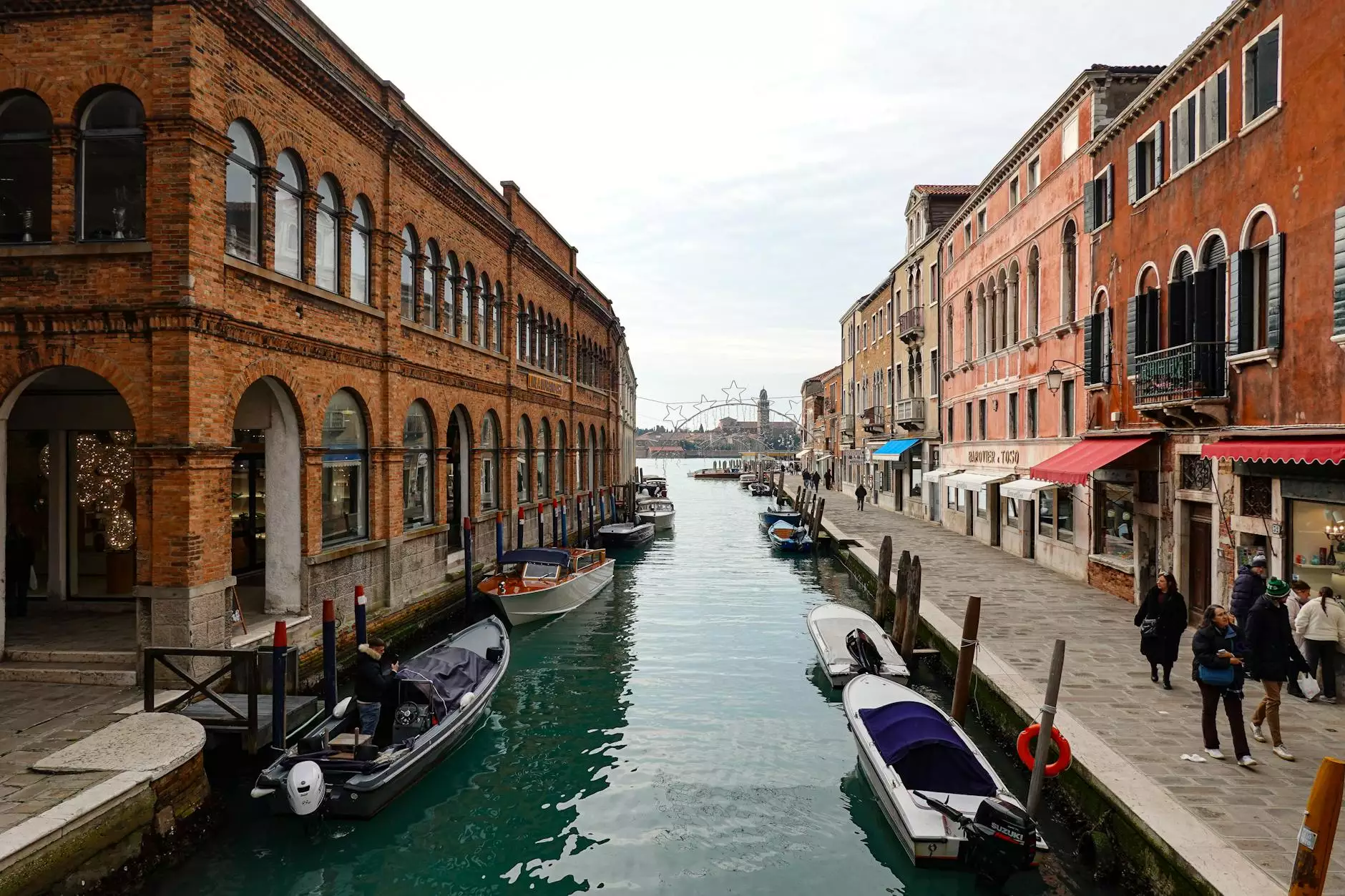Exploring the Rich Legacy of Portuguese Composers

The world of music has been inherently shaped by various cultures, and among them, the contribution of Portuguese composers stands out with its rich traditions and innovative spirit. Portugal’s unique history, combined with its cultural exchanges, has nurtured a vibrant musical environment that continues to resonate today. In this article, we will delve into the lives, works, and contributions of some of the most influential Portuguese composers, illuminating their impact on music both within and beyond Portuguese borders.
Historical Context of Music in Portugal
To truly appreciate the evolution of Portuguese composers, it's essential to understand the historical context in which they flourished. Portugal's musical history can be traced back to the medieval period, characterized by the use of Gregorian chants and sacred music. As the country navigated through the Renaissance, Baroque, and Romantic eras, the music scene morphed dramatically, with distinct influences from the broader European musical landscape.
The Influence of the Renaissance
The Renaissance marked a pivotal point for Portuguese composers, with notable figures like Martim de Portugal and João de Brito emerging during this period. Their contributions to sacred music advanced polyphonic styles, making significant strides in choral music that would resonate through generations.
The Baroque Period and Its Masters
The Baroque era (1600-1750) introduced a wealth of musical innovation across Europe, and Portugal was no exception. Composers like D. João IV, who dabbled in both sacred and secular music, contributed to the rich tapestry of musical forms prevalent in that time. His compositions exemplified the ornate style typical of the Baroque period, merging intricate melodies with emotive depth.
Noteworthy Portuguese Composers
The contributions of several key Portuguese composers have left an indelible mark on the music industry. Each of these composers brought their unique style, reflecting the cultural essence of their time.
1. Carlos Seixas (1704-1742)
Often hailed as the most important Portuguese composer of the Baroque era, Carlos Seixas was renowned for his keyboard works, especially sonatas. His ability to marry technical prowess with emotional expression distinguished his music, and many of his compositions remain popular in classical music repertoires.
2. Fernando Lopes-Graça (1906-1994)
Fernando Lopes-Graça, a pivotal figure in 20th-century Portuguese music, focused on creating a national style that echoed the sentiments of Portuguese folk music. His dedication to incorporating traditional Portuguese elements helped cement his status as a leading composer, with works that include choral pieces and symphonic music.
3. Alfredo Keil (1850-1907)
Known primarily for his operatic contribution, Alfredo Keil’s compositions, particularly the opera *A Fidalga do Castelo*, showcase the emotional depth and dramatic flair indicative of late Romantic music. His works highlighted Portuguese themes, gaining him recognition not just in Portugal but also internationally.
The Modern Landscape of Portuguese Composers
In the modern era, the landscape of Portuguese composers has expanded significantly, reflecting contemporary styles and global influences. Composers continue to explore and embrace new musical horizons while grounding their works in the rich heritage of Portuguese music.
The Influence of Contemporary Genres
Today, many Portuguese composers delve into a variety of genres beyond classical music, including jazz, rock, and electronic music. This blending of styles has helped shape a dynamic musical identity that resonates with younger audiences while maintaining ties to traditional forms.
Key Contemporary Portuguese Composers
- Joaquim dos Santos - Fusing jazz elements with traditional Portuguese folk music.
- Luís Tinoco - His compositions often explore the intersection of sound and silence, embodying modern minimalism.
- Vasco Mendonça - Known for his innovative orchestral works that incorporate multimedia elements.
The Impact of Portuguese Composers on Global Music
While individual Portuguese composers have made significant contributions to the local music scene, their influence extends far beyond national borders. The unique blend of folk traditions with classical training results in a sound that is both recognizable and universally appealing.
Fusion of Cultures
The exploration of different musical traditions has culminated in a rich tapestry of sound. Many Portuguese composers actively collaborate with international artists, creating a dialogue between genres. This fusion enhances global musical understanding and appreciation.
Global Recognition and Events
Festivals and events dedicated to celebrating the works of Portuguese composers have gained traction worldwide. Events such as the *Cascais Music Festival* and the *Guimarães Jazz Festival* showcase the innovative spirit and creative contributions that these composers bring to the global music scene.
Preserving the Legacy of Portuguese Composers
The preservation of the works of Portuguese composers is critical for future generations. With the advent of technology, many compositions are now being recorded and archived, ensuring that their legacy is not lost. Institutions such as the *National Conservatory of Music* play a vital role in educating young musicians about these composers' contributions, promoting both performance and academic studies.
Educational Initiatives and Awareness
One of the significant ways to preserve the legacy of Portuguese composers is through educational programs focusing on their works. Initiatives in schools and universities are crucial for fostering appreciation and understanding of these composers among young musicians. Workshops, lectures, and performances aimed at highlighting their relevance in contemporary education can inspire the next generation.
Conclusion: The Enduring Influence of Portuguese Composers
In conclusion, the landscape of music has been profoundly shaped by the works and influence of Portuguese composers. From the pristine halls of cathedral music to the vibrant sounds of contemporary genres, their contributions have not only enriched the Portuguese cultural identity but have also left an undeniable impact on the global music scene. As we continue to explore the diverse sounds and narratives crafted by these artists, we ensure that their legacies endure for future generations to appreciate and celebrate.
For more information on the contributions of Portuguese composers and to explore our music and video collection, visit us at thesoundstew.com.









